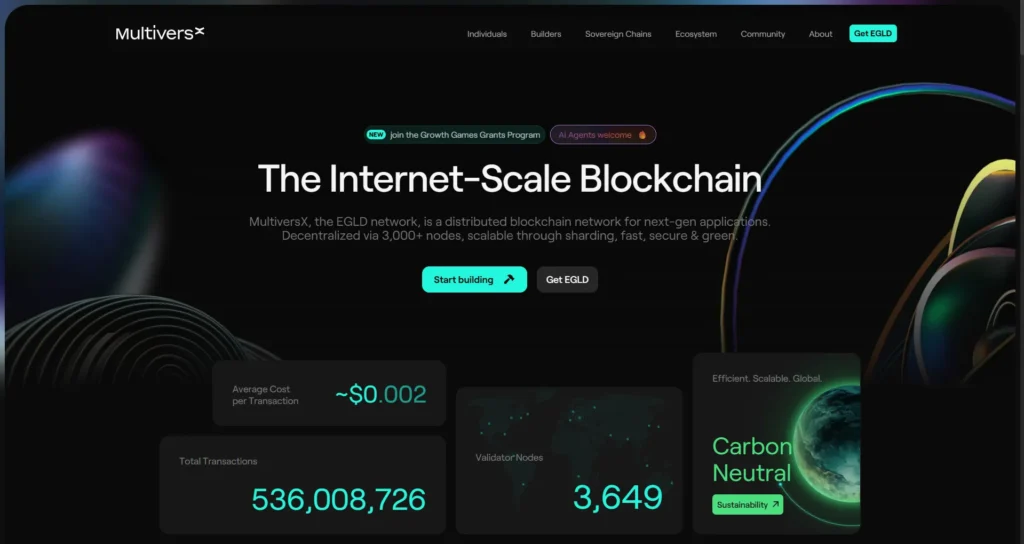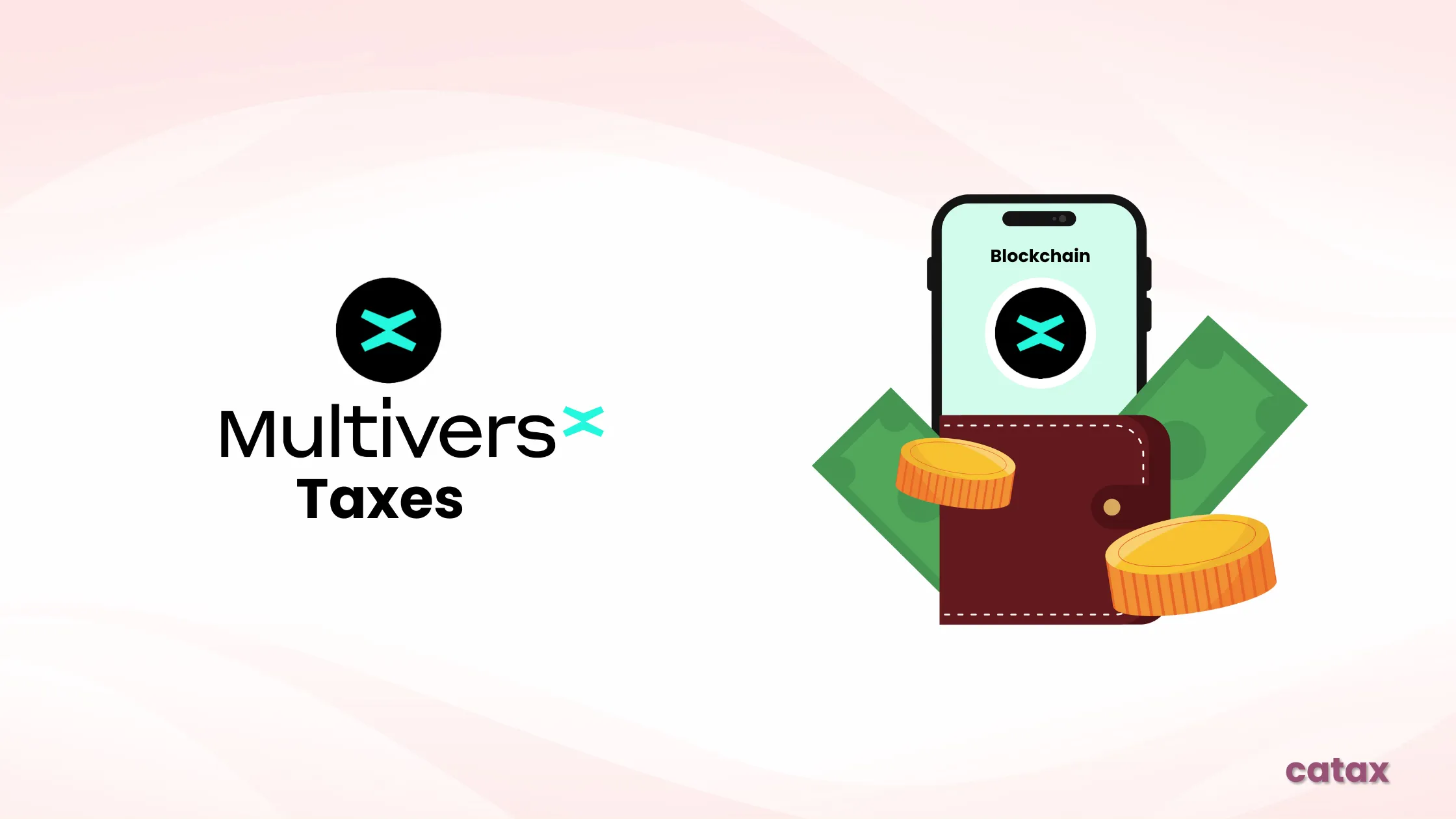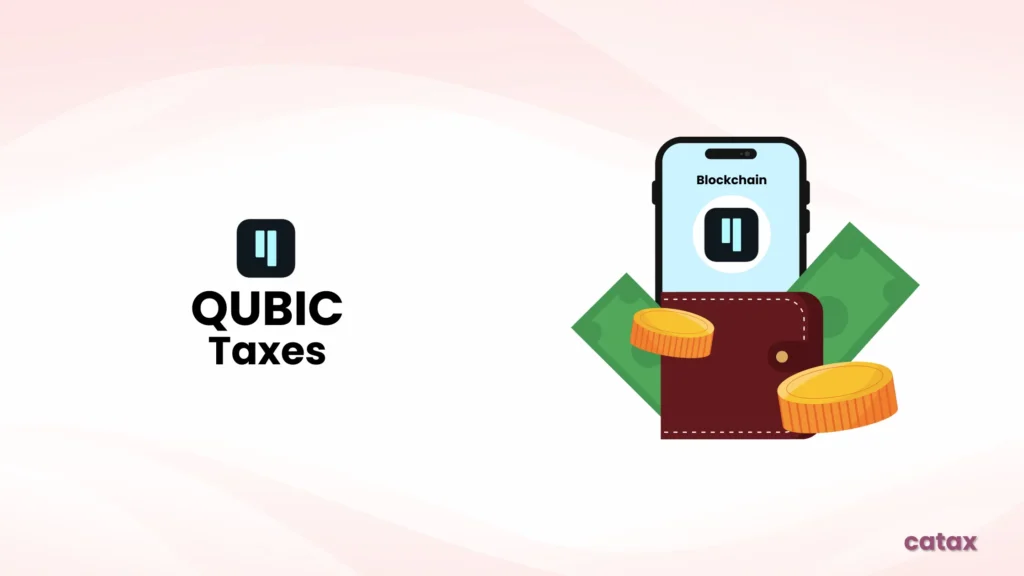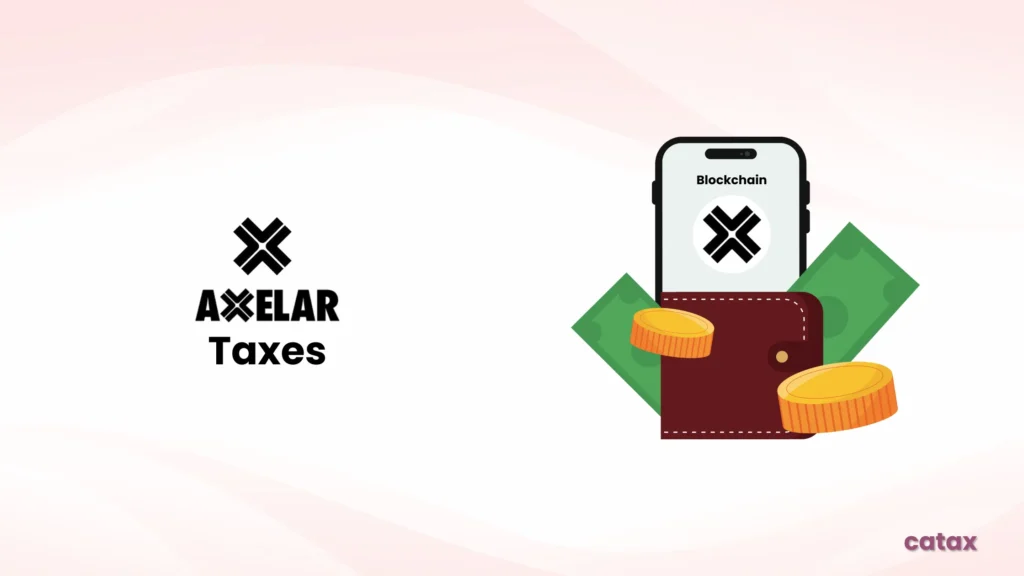Cryptocurrency tax rules vary by country, and MultiversX (EGLD) taxes transactions may be taxed differently depending on local regulations. Whether you buy, sell, trade, or stake EGLD, understanding how tax authorities classify these activities is essential to stay compliant and avoid penalties.
This guide breaks down MultiversX tax rules so you can manage your crypto taxes confidently and stay aligned with legal requirements.

- How to Connect Your MultiversX Wallet to Catax?
- Are MultiversX (EGLD) Transactions Taxable?
- Can You Deduct Trading Fees and Other Costs?
- How Is MultiversX (EGLD) Taxed Based on Holding Period?
- How Is Staking Income Taxed for MultiversX (EGLD)?
- Can You Claim MultiversX (EGLD) Losses for Tax Benefits?
- How to Stay Compliant with MultiversX (EGLD) Tax Rules?
How to Connect Your MultiversX Wallet to Catax?
To easily track your MultiversX (EGLD) transactions and calculate taxes, follow these steps to connect your wallet to Catax:
- Open your MultiversX wallet or use a supported block explorer (such as xPortal, Ledger, or any compatible MultiversX wallet).
- Copy your public wallet address from your MultiversX wallet.
On Catax:
- Log in to your Catax account and select your country.
- Choose Chain, then search for MultiversX Wallet.
- Paste your public wallet address and click Connect.
Once connected, Catax will automatically import your EGLD transactions and help you streamline your crypto tax reporting.
Calculate My Taxes ➤Are MultiversX (EGLD) Transactions Taxable?
Yes, in most countries, MultiversX (EGLD) transactions are taxable. Depending on how you use EGLD, tax authorities may classify it as a capital asset, property, or income.
When Do You Have to Pay Taxes on MultiversX (EGLD)?
You may be required to pay taxes in the following scenarios:
- Selling EGLD for a profit – If you sell EGLD for more than you paid, the profit is typically taxed as capital gains.
- Trading EGLD for another crypto – Swapping EGLD for Bitcoin, Ethereum, or other tokens is usually considered a taxable event.
- Using EGLD for purchases – If you use EGLD to buy goods or services, capital gains tax may apply if the token’s value increased since acquisition.
- Earning EGLD from staking or rewards – EGLD earned through staking or other rewards is generally taxed as income at the time of receipt.
- Receiving EGLD as payment – If you’re paid in EGLD, it is typically taxed as income based on its fair market value at the time of receipt.
Tax treatment can vary by jurisdiction, so be sure to review your local crypto tax regulations.
Can You Deduct Trading Fees and Other Costs?
Whether you can deduct expenses related to managing EGLD depends on your country’s tax laws.
Some countries allow deductions for:
- Trading fees when buying or selling EGLD
- Network (gas) fees for transferring EGLD between wallets
Other jurisdictions may only allow:
- The original purchase cost (your cost basis), without additional deductions.
It’s always best to consult your country’s tax code or a crypto tax advisor to determine which deductions you can claim.
How Is MultiversX (EGLD) Taxed Based on Holding Period?
Your tax rate on EGLD gains may depend on how long you’ve held your tokens:
- Short-term holdings (less than one year) – Typically taxed at regular income tax rates.
- Long-term holdings (over one year) – Some countries offer reduced tax rates on long-term crypto capital gains.
- Flat-rate systems – In certain jurisdictions, a fixed tax rate applies regardless of the holding period.
Understanding your local tax rules can help you reduce your tax burden and make smarter crypto investment decisions.
You can also check out our Country-Specific Guide for Crypto in Your country. This guide provides insights on regulations, tax implications, and compliance measures breifly explained for each country.
How Is Staking Income Taxed for MultiversX (EGLD)?
Staking MultiversX (EGLD) tokens can earn you passive income, but how that income is taxed depends on your country’s tax laws. Some jurisdictions tax staking rewards at the time of receipt, while others only tax them when you sell or exchange the rewards.
How Countries Tax Staking Rewards?
- Taxed as income – In many countries, staking rewards are treated like regular income. This means you’re taxed based on the fair market value of the EGLD tokens at the time you receive them, using your income tax rate.
- Taxed as capital gains – In some regions, staking rewards are not taxed immediately. Instead, you pay capital gains tax only when you sell the EGLD tokens, calculated on the gain between the value at receipt and the sale price.
If you’re staking EGLD, it’s essential to understand your local tax rules to prepare for any liabilities—even before you sell your tokens.
Always check your country’s crypto tax policies before staking MultiversX (EGLD) to avoid unexpected obligations.
Can You Claim MultiversX (EGLD) Losses for Tax Benefits?
Not every EGLD trade is profitable. If you sell at a loss, you may be able to use that loss to lower your overall tax bill. Here’s how different tax systems handle such losses:
- Loss offsets – Many jurisdictions allow you to offset crypto losses against other capital gains, so you only pay tax on net profits.
- Loss carryforward – If your losses exceed your gains in a tax year, some tax codes allow you to carry forward the unused losses to offset future gains.
- Limited or no deductions – In some countries, crypto losses are not deductible, and you won’t get tax relief.
Keep detailed records of your EGLD trades and transactions so you can report losses accurately and take advantage of tax benefits where allowed.
How to Stay Compliant with MultiversX (EGLD) Tax Rules?
As crypto tax regulations evolve, compliance is key. Here’s how you can stay ahead:
- Understand classification – Know whether your jurisdiction classifies EGLD transactions as capital gains, income, or business activity.
- Review deductions – Check which expenses are deductible, such as trading fees, staking rewards, transaction (network) fees, and storage costs.
- Maintain records – Track every EGLD transaction, including purchases, sales, staking rewards, and wallet transfers.
- Use a tax platform like Catax – Catax auto-syncs with your EGLD wallet to import and organize your transactions, simplifying tax reporting.
- Consult a crypto tax advisor – A local expert can guide you through country-specific laws and help you file accurately.
By staying informed and proactive, you can manage your MultiversX (EGLD) taxes efficiently and reduce the risk of costly errors.
Book a Free Consultation Now →

